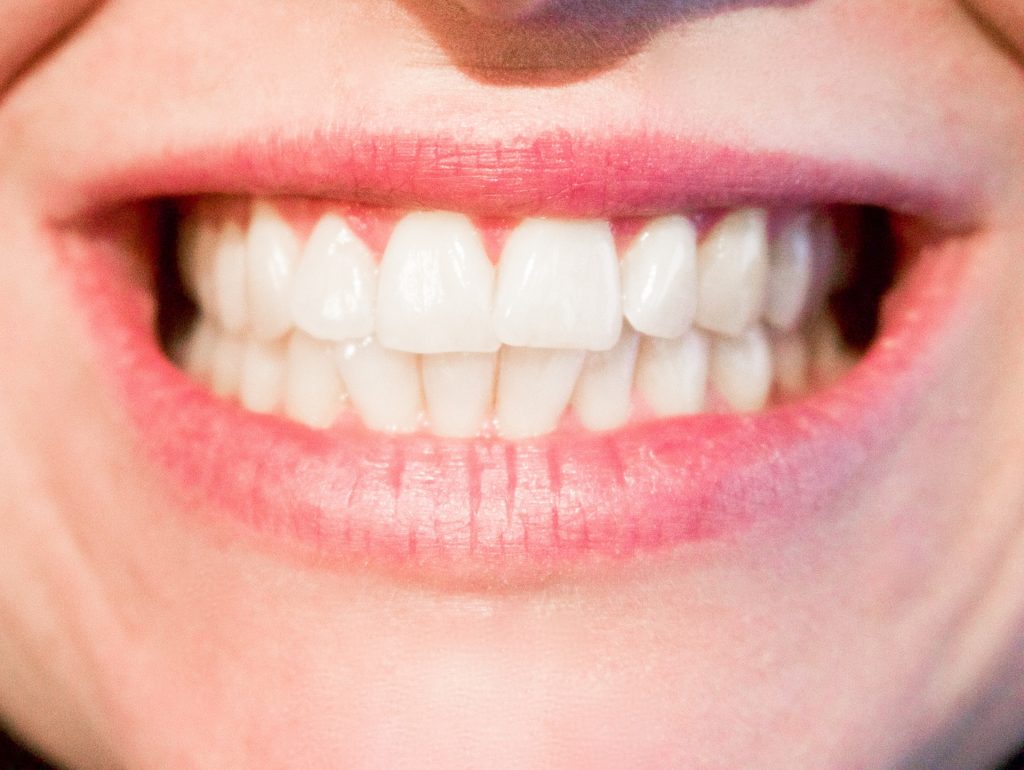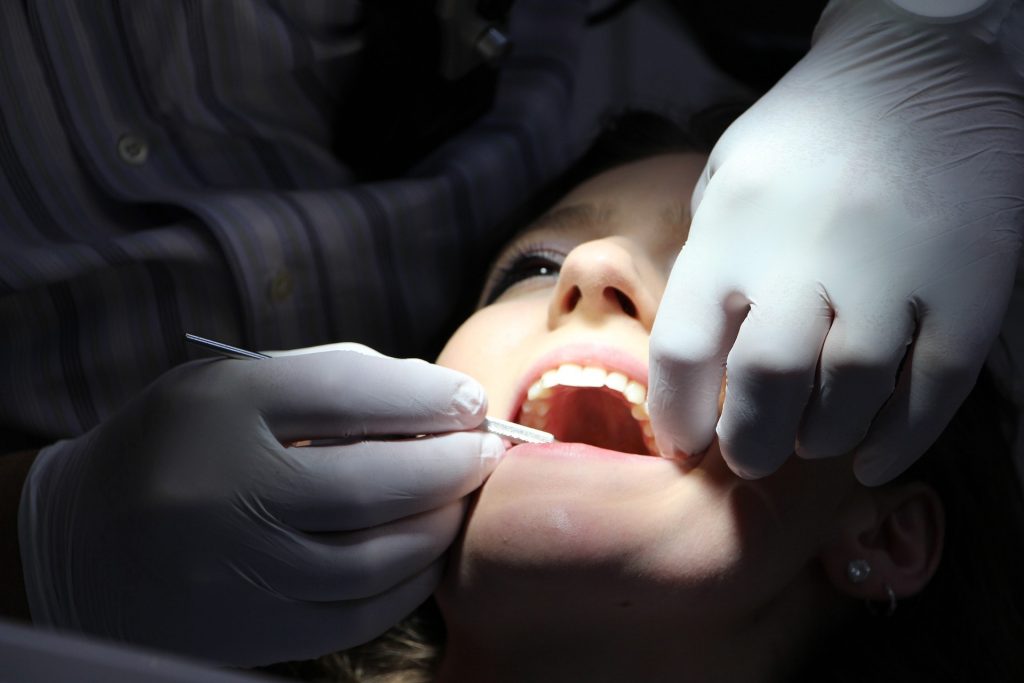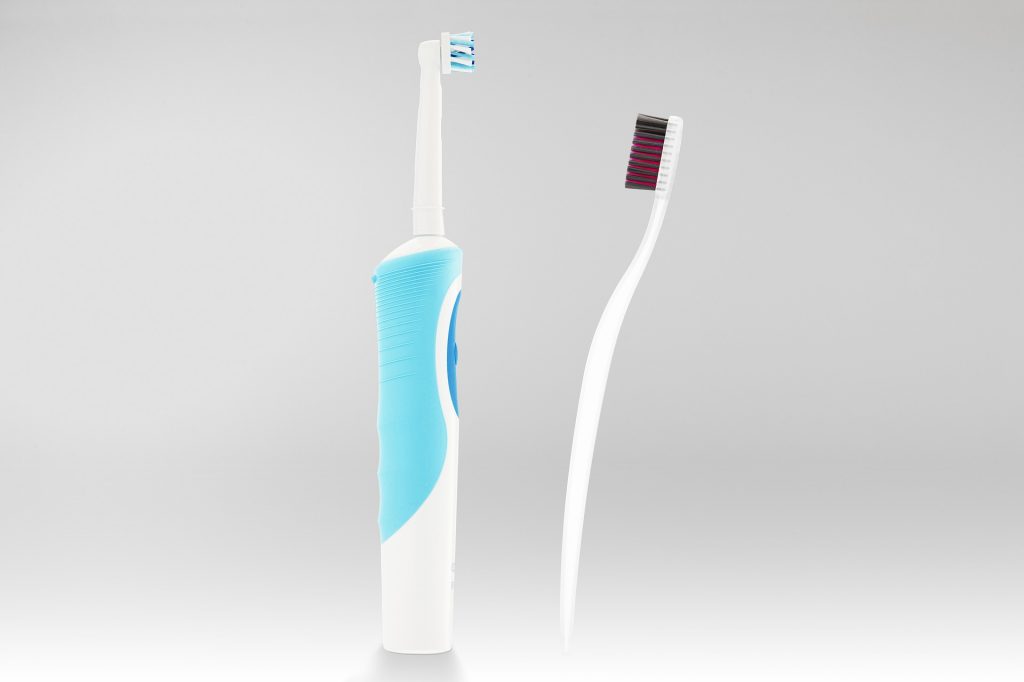General Dentistry
The Inner Structures Of The Mouth
 While so much attention is given to your teeth, your mouth consists of so much more these dentals surface. Apart form your pearly whites, your mouth consist of other structures such as the soft tissues of the gums, the oral mucosa, the upper and the lower jaw, the tongue, salivary glands, the uvula, and the frenulum linguae.
While so much attention is given to your teeth, your mouth consists of so much more these dentals surface. Apart form your pearly whites, your mouth consist of other structures such as the soft tissues of the gums, the oral mucosa, the upper and the lower jaw, the tongue, salivary glands, the uvula, and the frenulum linguae.
The Gums
The gums consist of pink periodontal tissues that support your teeth. Much like your teeth, gums play an important role to your overall oral health. Healthy gums are characterized by firm periodontal tissues that cover entire root of your tooth.
What Is Dental Abscess

Dental abscess typically manifests as a localized accumulation of pus on the inner teeth and gums. Dental abscess usually results from bacterial infection that commonly occurs with dental fracture and gum disease. Dental abscess occurs alongside other dental anomalies such as toothache, chewing discomfort, dental sensitivity, neck gland inflammation, and swollen gums.
Types Of Dental Abscess
Dental abscess is typically divided into two types: periapical abscess and periodontal abscess.
Periapical abscess is the more common type of the dental abscess. Originating from the inner pulp of the tooth, periapical abscess usually develops as a complication of dental decay. Periapical abscess is often indicative of mouth-dwelling bacteria that ravage the inner dental structures.
Usually a complication of gum disease, periodontal abscess usually an indicative of gum infection. Periodontal abscess usually affects soft periodontal tissues and supporting dental structures, which prompts the teeth to partially loosen and eventually detach from the gums.
Periodontal abscess is alternatively referred to as a gum boil as it often results to swelling from the infected tooth.
Sparkling Up Your Smile

A recent study conducted at the Max Plank Institute at Berlin provides a solid body of science to the old adage that smiling makes you look younger. Researchers involved in the study reports that strangers are far more likely to find a smiling person to be a lot more younger than his or her actual age.
While the study appears to be too good to be true, the American Academy Of Cosmetic Dentistry clarifies that a smile ruined by damaged or yellow teeth does the exact opposite, and instead makes the person appear dramatically older. As such, here are a few ways, both high and low tech, to make sure that you a healthy white smile is always at your disposal.
Flossing And Diet
First, focus on flossing. Completing the traditional triad of good dental habits, flossing is easily the best and perhaps the easiest way to ensure dental whiteness. Complementary with regular and proper flossing habits, New York City Cosmetic Dentist and Huffington post contributor Thomas Conelly recommends that you also pack and after lunch office work brush and mouth rinse.
Electric Toothbrush Benefits

The electric toothbrush has seen a rather exponential growth in popularity over the recent years. Its recent popularity is not surprisingly built on the premise and the already popular assumption that the electric toothbrush cleans better than manual toothbrush.
Clinical Associate Professor at the Boston University Henry M. Goldman School Of Dental Medicine John Ictech-Cassis explains that, at its very core, the idea of a toothbrush is to remove plaque and bacteria buildup, all while stimulating the gums. And as such, Ictech-Cassis remarks that most toothbrushes, with the right technique, will keep the teeth clean.
What You Need To Know About Dental Insurance

Medicare can only cover so much. More often than not, depending solely on your Medicare for your professional dental needs translates to skipping on your routine dental checkups and even your much-needed dental cleanings.
In the same vein, it also means delaying treatments for simple dental irregularities, like toothache for instance, until it progresses into chronic oral health anomaly like advanced decay or gum disease.
Avoiding this unwanted dental predicament is not only possible, but is easily doable. Dental insurance plans allow for adequate professional dental prevention and intervention. Purchasing dental insurance best increases your chances of keeping your teeth and gums in pristine condition.
Comparing Dental Insurance Plans
Before securing private dental insurance, it is always a good idea to compare different plans covered by each insurance plan. This allows you to determine which one works best for your specific dental needs.
Drinking Water Fluoridation
 For more than 65 years, fluoridation of public water supply has been a safe and extremely effective way of preventing tooth decay.
For more than 65 years, fluoridation of public water supply has been a safe and extremely effective way of preventing tooth decay.
The history fluoridating public water supply goes way back in the 1930s when dental experts first started to notice that dental decay is not as prevalent among people whose water supplies contain elevated levels of natural fluoride.
In 1965, after conducting numerous bodies of extensive research and scientific studies, the city of Grand Rapids Michigan in the United States first added fluoride in its public water supply.
Since then fluoridation, the process of adding and adjusting one part fluoride to one millions parts water, has been continuously substantiated by prominent scientific studies as a safe, effective, and practical way of reducing the risk of tooth decay.
Oral Health Complications Of Cancer Treatment
 Most treatments for cancerous malignancy, such as bone marrow transplants, chemotherapy, and radiation therapy, often cause adverse physiological side effects, which most commonly include nausea, loss of weight and appetite, and hair loss.
Most treatments for cancerous malignancy, such as bone marrow transplants, chemotherapy, and radiation therapy, often cause adverse physiological side effects, which most commonly include nausea, loss of weight and appetite, and hair loss.
While these side effects are often common knowledge to the general public, not many people know that undergoing cancer treatments also have debilitating consequences to oral health.
Approximately 75% of patients who receive blood and marrow transplant experience adverse oral health complications. This is also true for nearly 40% of patients who undergo chemotherapy. The risk and severity of oral health complications largely depend on the cancer treatment regimen that a patient is subjected to.
Oral Health Complications
Patients who receive minimal myelosuppressive or nonmyelosuppressive therapy, for instance, are usually at a low risk of developing oral health complications. Generally, the more aggressive the cancer treatment becomes, so too does the likelihood of developing adverse oral health reactions. Among the most common oral health side effects of cancer treatment include:
How to Protect Your Teeth From Dental Erosion

Causes Dentin Hypersensitivity?

Dentin hypersensitivity, more popularly referred to as “having sensitive teeth”, typically results from the gradual exposure of the dentine to the surface. The dentine is softer part of the tooth that sits underneath the harder dental enamel.
There are many things that easily trigger episodes of dentin sensitivity. For most people, it is when they eat or drink something that is a little too hot, too icy, or too sugary. Dentin sensitivity is usually symptomatic of an underlying dental anomaly. Among the most common underlying causes of dentin hypersensitivity include the following:
Gum Disease
Medically referred to as gingivitis, gum disease is the chronic soreness and inflammation of the gums that typically results from bacterial infection. If not treated promptly, gingivitis progresses to periodontitis, which causes aggressive damage to the soft tissues and supporting bone structures of the teeth. Among the most prominent signs of gum disease is the shooting dental pain that is often associated with having sensitive teeth.
Diabetes And Oral Health Problems
 Diabetes is an unwanted medical condition that can easily affect various parts of the body, most prominently the eyes, nerves, kidneys, and heart. The mouth, too, is not an exception. Diabetes compromises the body’s natural ability to protect itself against bacterial infection. It also reduces the otherwise optimal efficiency at which the body can heal itself.
Diabetes is an unwanted medical condition that can easily affect various parts of the body, most prominently the eyes, nerves, kidneys, and heart. The mouth, too, is not an exception. Diabetes compromises the body’s natural ability to protect itself against bacterial infection. It also reduces the otherwise optimal efficiency at which the body can heal itself.
Risk Factors
Regardless of age, people who suffer from diabetes have higher than normal risk of developing oral health anomalies, which, among others, include:
- Dry mouth. Diabetes is known to cause dry mouth by dramatically reducing saliva flow and production. Medically referred to as xerostomia, dry mouth can easily to result to a number of more serious dental conditions such as gum disease and tooth decay.









